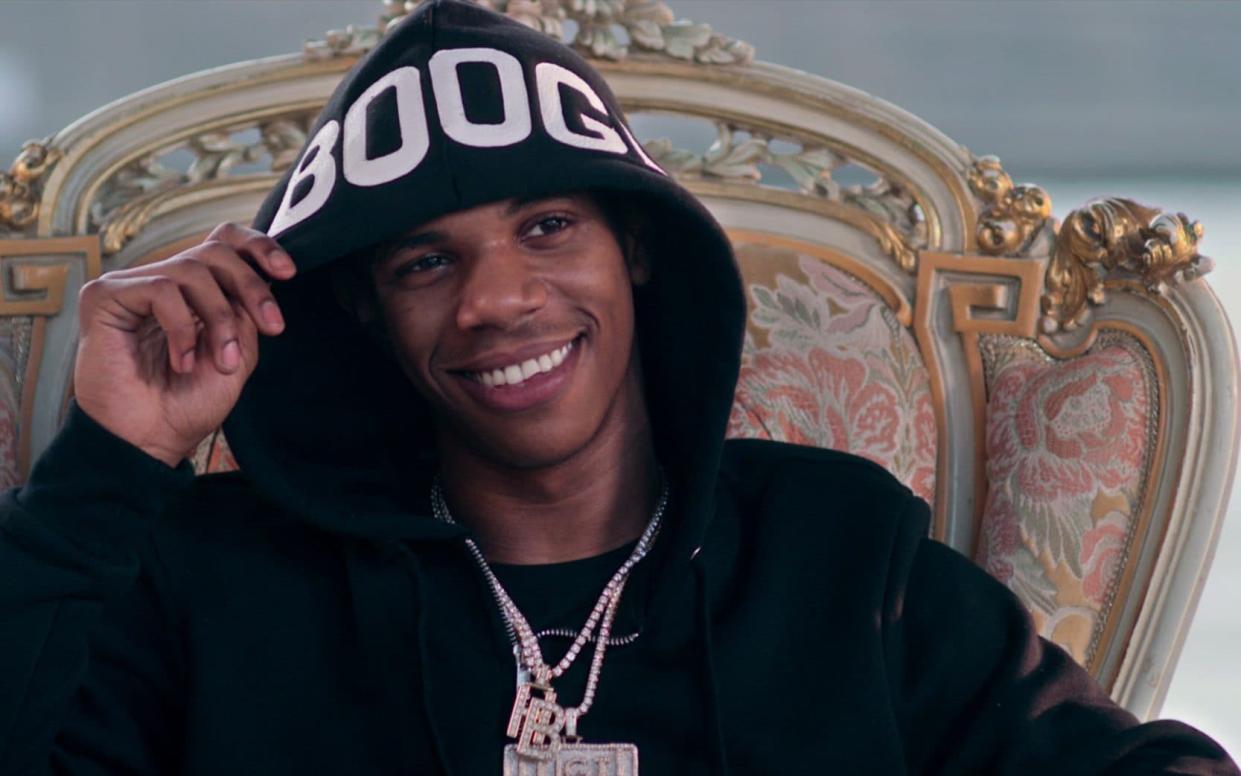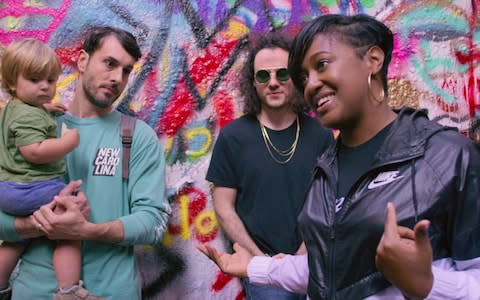Rapture, Netflix review: Nas's patchy dive into hip-hop culture

Earlier this month, Netflix released the hip-hop documentary series The Defiant Ones, a first-class examination of the partnership between Dr Dre and producer Jimmy Iovine that brimmed with vibrancy, wit, style. Now, just a few weeks later, Rapture, a new eight-part hip-hop documentary series has arrived on the streaming service – this time dedicating each episode to a different, lesser known hip-hop figure. And while Rapture doesn't quite boast the same HBO-level budget, but it's hard not to compare the two and find Rapture lacking.
We meet the artists each at different stages of their careers with the intention of capturing the genre’s "impact on global culture". It’s produced by Mass Appeal, the Nineties-born New York-based media company, revived in 2013 by an investment by Nas, who launched Mass Appeal Records the following year. As such, a few of the profiles feel a little like fly-on-the-wall promo videos for an up-and-coming artist.
Dave East, one of the Mass Appeal signees, was paired up with Nas in the second episode. We heard about his experience of getting out of his rundown neighbourhood and making it as a rapper, with the support of Nas. Rapsody was at a similar point in her career. Focusing on her experience of being a woman in hip-hop (she talked about the lack of sisterhood and camaraderie compared with the years when MC Lyte, Foxy Brown, Missy Elliott and others were at their peak).
Boogie wit da Hoodie, meanwhile, was just 21. The cameras followed him to his local park, where a community figure explained how his success and fame had brought people together. We briefly heard about how hip-hop is entwined with the advancement of technology (it would’ve been nice to hear more) and the role of brand partnerships (which was rather more tedious).
The episodes flitted between topics and scenes which resulted in a lack of narrative coherence and direction. The snapshots of the artist’s lives often felt thrown together and the dialogue chosen could be platitudinous and sentimental (“Music, for me, it’s in my identity, it’s in my DNA”). It did little to offer a sense of hip-hop’s impact on global culture.

There were, however, a few stand-out moments. The motif of interviewing the artist’s parents was sweet and sometimes revealing. We met 2 Chainz’s mother, who raised him as a single parent. He grew up in traps, buildings where people would come to buy drugs. We had lunch with Rapsody’s mother and aunts, who expressed pride and concern about her getting hurt. We saw footage of the jazz musician and singer Olu Dara, Nas’s father.
T.I’s episode was the highlight. The rapper spoke to various people about structural racism and police brutality following the shooting of Philando Castile, Michael Brown, Trayvon Martin, Eric Garner and others. He visited Congresswoman Maxine Waters, who talked about her stunned response to seeing the Rodney King beating on television. “I called it an insurrection, not a riot, afterwards,” she said, because it was a response to injustice.
He talked to Anti-Racism Educator Jane Elliott about her Blue-Eyes-Brown-Eyes exercise given to the children in her class following the assassination of Martin Luther King to teach them about discrimination on the basis of a physical characteristic – an exercise for which she was vilified at the time. In a moving exchange, he asked his teenage son how he felt about racism and the police. “Nothing you can do about it,” he replied. In a patchy series, it was the most compelling.